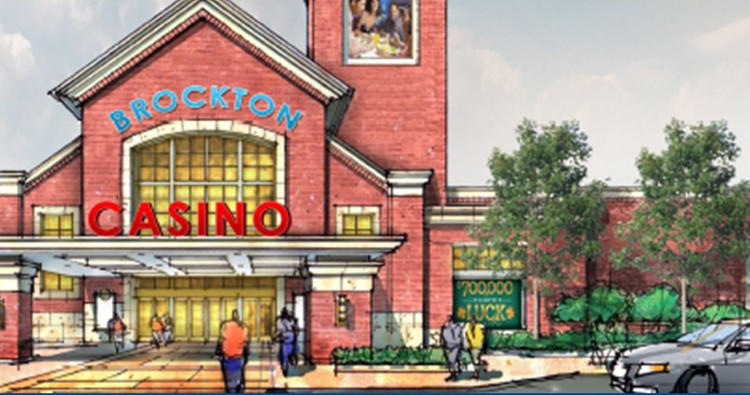This week, the Massachusetts Gaming Commission will decide if the state’s third and final gambling license will be awarded to Neil Bluhm, a Chicago casino developer looking to build a $677 million resort at the Brockton Fairgrounds. A five-member panel will begin the multi-day review of the project, the only one seeking the license, on Tuesday with a vote expected as soon as Thursday.
Neil Bluhm’s Rush Street Gaming, which operates casinos in Pittsburgh, Philadelphia, as well as other cities, is proposing a gambling complex that would include 2,100 slot machines, 124 table games, a range of restaurants, a 250-room hotel and bar and entertainment options. If approved, it would join the state’s two licensed, non-tribal casino projects; Steve Wynn’s nearly $2 billion mega-complex in the Boston-area and MGM’s $950 million Springfield casino.
It is Bluhm’s contention that the city’s approximately 93,000 residents would benefit from the 1,800 permanent casino jobs and roughly 2,000 temporary construction jobs his development would bring. Bluhm told The Associated Press recently, “They’re in desperate need of economic development.” Complicating things, however, is the Mashpee Wampanoag tribe’s projected $1 billion Project First Light Casino. The tribe broke ground last month on the newly declared sovereign land in nearby Taunton and hopes to open the casino, at least in part, by 2017.
Questions have been raised regarding whether the competing Brockton and Taunton projects are oversaturating Massachusetts’ southeast corner with gambling. Area lawmakers have responded by calling on the gaming commission to postpone its vote on the Brockton casino. Plainridge Park in Plainville already calls the region home, as does Twin River, a full-fledged casino located in nearby Lincoln, Rhode Island. The latter is also seeking approval to open another casino along the Massachusetts-Rhode Island border.
Patrick Kelly, a business professor at Providence College in Rhode Island said that while he doesn’t think there is oversaturation yet, if all the facilities are developed there is a risk. It’s Bluhm’s contention that the two casinos can coexist in the region and benefit the state more than just the one tribal casino. He noted that casino companies will spend more money locally with two casinos and the additional jobs that would be created. A second casino would also mean more money from casino revenue in taxes and fees than what tribal casinos provide because they are not subject to state oversight.
The tribe, however, suggests that data from a study by the Spectrum Gaming Group indicates that two major casinos in the southeastern region would actually produce $28 million less in taxes from gambling than if there were just the tribe’s casino. That figure has been disputed by Bluhm’s company’s own economic analysis. Another possibility Bluhm warned of was litigation that could keep the tribe’s casino from coming to fruition, potentially leaving the state with no casino in the southeastern region for years. The tribe has strongly disputed that concern as well.
Meanwhile, the government’s decision to place land into trust for the Mashpee Wampanoag is being challenged in federal court by a group of Taunton residents bankrolled by Rush Street Gaming.


